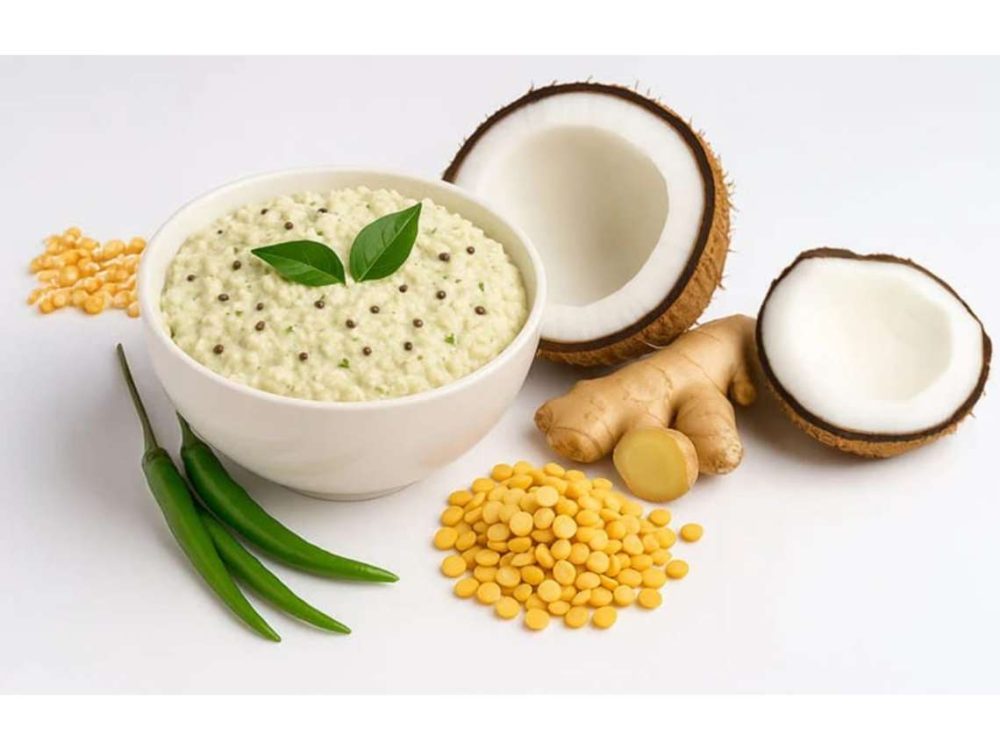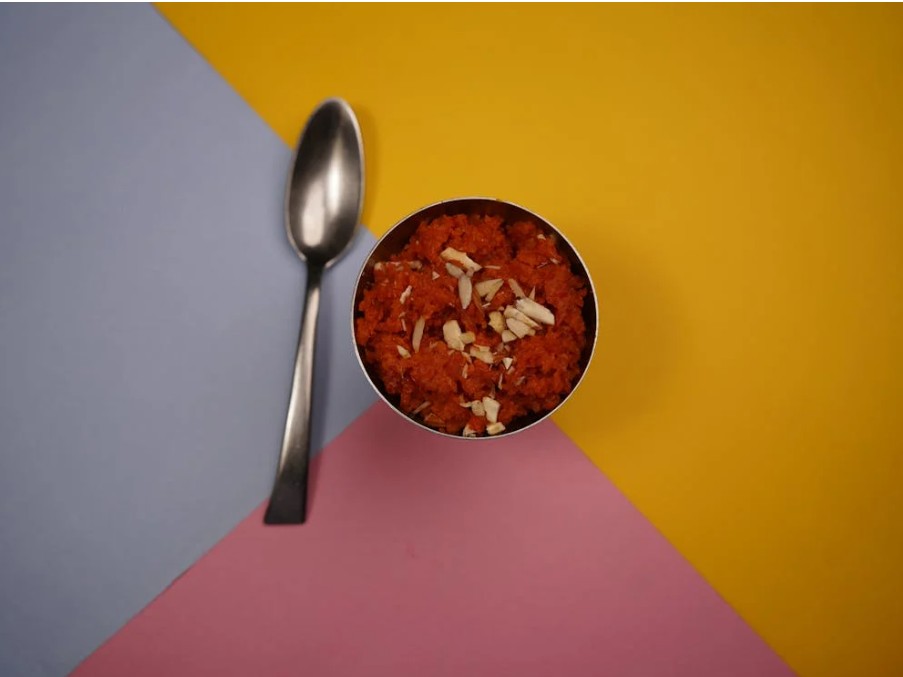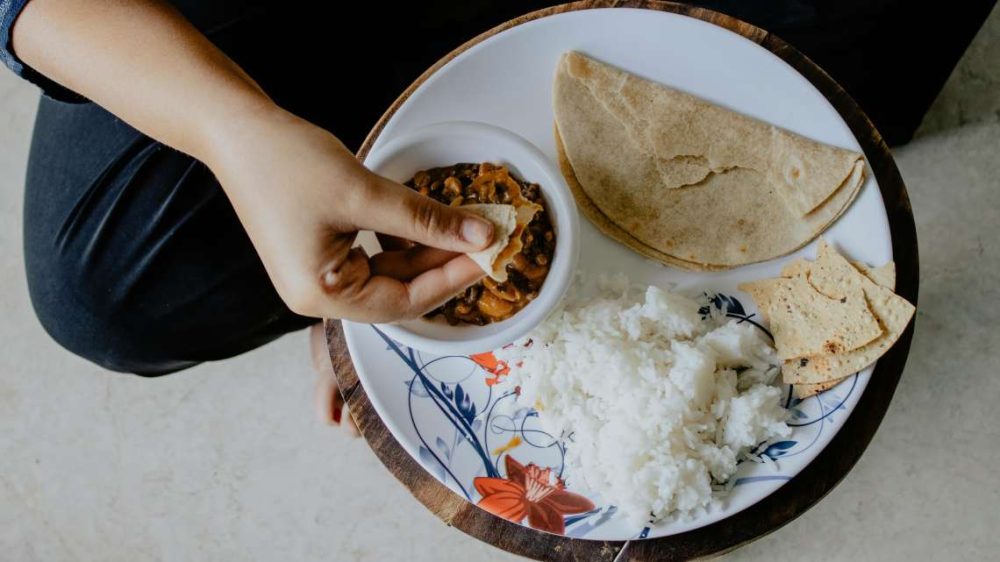
Has your toddler been refusing to poop in the toilet? Does he/she cry or make faces while passing stool or has the frequency of pooping reduced to less than thrice a week? If you’ve noticed any of these signs, then it’s possible that your child is constipated…writes Puja Gupta.
But there’s no need to panic. Many children go through chronic constipation. Studies have found the prevalence can be as high as 29 per cent, and constipation is most commonly seen in kids when they are 2-3 years old. This is usually the toilet training phase which can prove challenging for both mothers and children.
Understanding digestive health
A healthy digestive system can effectively break down food, absorb essential nutrients and eliminate undigested components smoothly. Trillions of good bacteria in the gut including Bifidobacterium and Lactobacillus aid these functions and contribute to digestive health.

Moreover, 95 per cent of the hormone serotonin, which regulates emotions, is found in the gut. And 70 per cent of the immune system is active in our digestive system.
What to do if your child is constipated
Constipation is not a trivial matter. Even if a child sees temporary relief, relapses can disrupt the toilet training process. Frequent straining can cause painful anal fissures. The fear of passing painful stools often leads to a vicious cycle: children hold their bowel movements, which in turn hardens the stool and makes it more painful to poop.
There are many home remedies that parents can consider. Increase fluid intake by encouraging your child to drink more water or homemade fruit juices. Including exercise as part of their daily routine also helps stimulate digestion. Naturally, a healthy and balanced diet is vital, and it also helps to set specific meal times and give children smaller portions to let them eat slowly and prevent overeating.
Yet there are situations when constipation still persists. Supplementation with an appropriate prebiotic could help. Prebiotics (not to be confused with probiotics) are non-digestible food ingredients which play an important role in digestion.
Dr. Neelam Mohan, Director, Pediatric Gastroenterology, Medanta, said, “Despite the fact that about one in three children faces constipation during toilet training, child gut health can often go unaddressed. In my experience, parents report child constipation late and usually continues with home remedies for a month or two before seeking help. Timely and sustained treatment is important to establish consistent and healthy toilet habits. Palatable child-friendly prebiotics can not only help relieve constipation but also promote better long-term digestive health in kids.”

Prebiotic supplements release nutrients that encourage the growth and activity of friendly’ digestive bacteria while reducing the levels of �bad’ bacteria. They can relieve the symptoms of childhood constipation by softening stool and facilitating regular motion.
Prebiotics are commonly found in fruits and vegetables such as bananas, onions, garlic and leeks. But if your kid is a fussy eater, then what are your options?

There are innovative, child-friendly formats available, explains Dr. Srirupa Das, Medical Director, Abbott India. She says, “Constipation requires a long-term solution that is compatible with setting a regular toilet habit. Through it is treatable, our research shows that only 30 per cent of parents consult their doctor on time and paediatricians observe frequent relapse due to non-adherence. Responding to this need, we have launched Duphalac Bears in India, which is a new product featuring fruit-flavoured gummy bears containing the prebiotic lactulose. This safe, child-friendly food supplement promotes healthy intestinal balance and bowel regulation to promote digestive health.”
A healthy digestive system is paramount to children’s physical growth and mental development. Ensuring your child has a balanced diet, engages in regular physical activity and stays hydrated will go a long way, and appropriate supplements can help ensure they receive all the nutrients they need for a healthy body and good intestinal health.
Also Read-Adil Hussain To Share Screen With British Actor Antonio Aakeel









